Join a panel of Washington University faculty as they explore research and discovery, and our connections to the St. Louis community in this symposium in honor of the inauguration of Chancellor Martin.
8:30–11:30 a.m. | Knight Hall, Emerson Auditorium
Additional Viewing Locations:
- Eric P. Newman Educational Center on the Medical Campus
- Graham Chapel on the Danforth Campus
Research
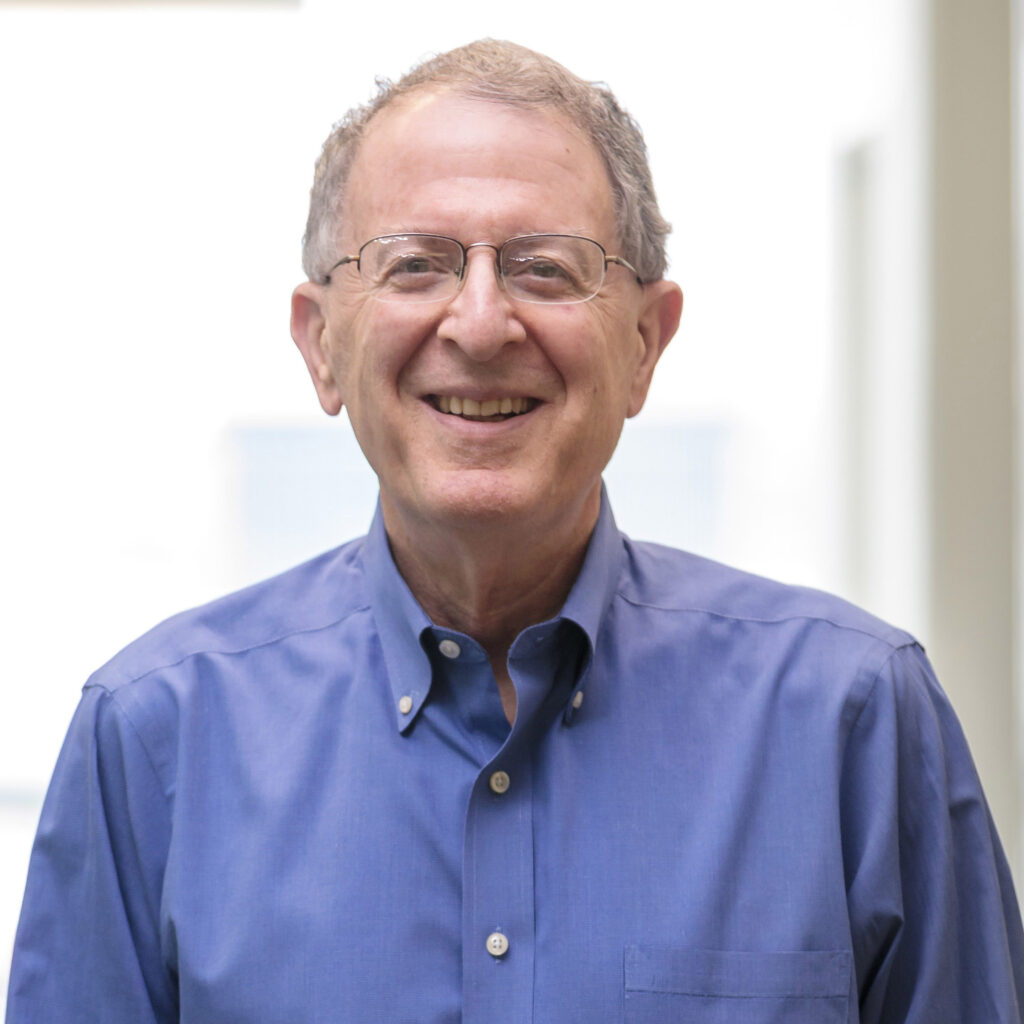
Jeffrey Gordon, MD
Dr. Robert J. Glaser Distinguished University Professor; Director, Edison Family Center for Genome Sciences and Systems Biology
School of Medicine
Development of Microbiota-directed Foods for Treatment of Childhood Malnutrition
Jeffrey Gordon is internationally celebrated for his pioneering research revealing the vital roles played by gut microbial communities in human health and disease. His interdisciplinary work over the past 20 years has provided fundamental insights into the way members of the human gut’s vast community of microbes interact with one another and influence their host. He has done so by combining innovative studies of humans, including twins, with innovative animal models. This work has linked alterations in the gut microbiome to two pressing global health challenges: obesity and childhood malnutrition. Gordon has served as the research mentor to more than 130 graduate students and postdoctoral fellows since his lab was established at Washington University.
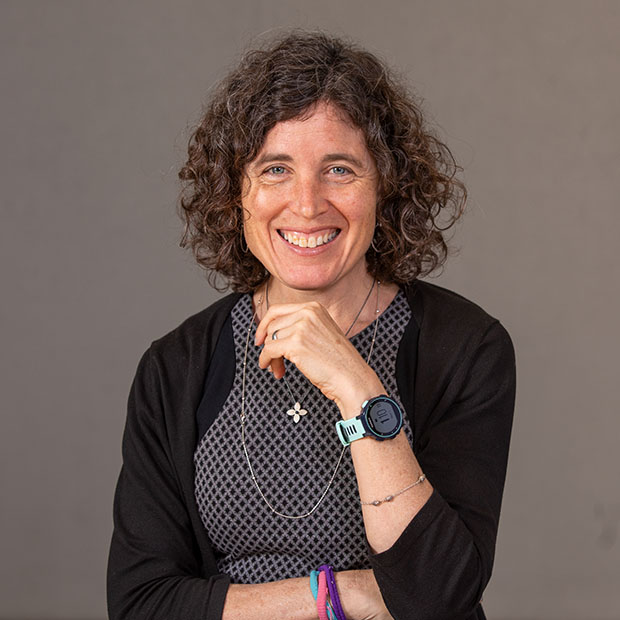
Heather Corcoran
Halsey C. Ives Professor
Sam Fox School of Design & Visual Arts
Visualizations of Time
Heather Corcoran was director of the College and Graduate School of Art from 2014–2019. She is currently serving as interim dean of University College, where she is leading a project called Reimagine UCollege. She holds a joint appointment in the Brown School. In her work as a designer, she explores relationships of information and expression, spanning collaborative projects for social impact and self-generated projects for exhibition. She works on questions of informational density, clarity, and audience understanding, while also addressing how elements such as image, text, and graphic form create voice and how data can provoke an emotional response. Corcoran writes and presents about design, design education and learning, design process, and leadership at conferences and other venues around the world. She also conducts commercial projects in identity and information design.
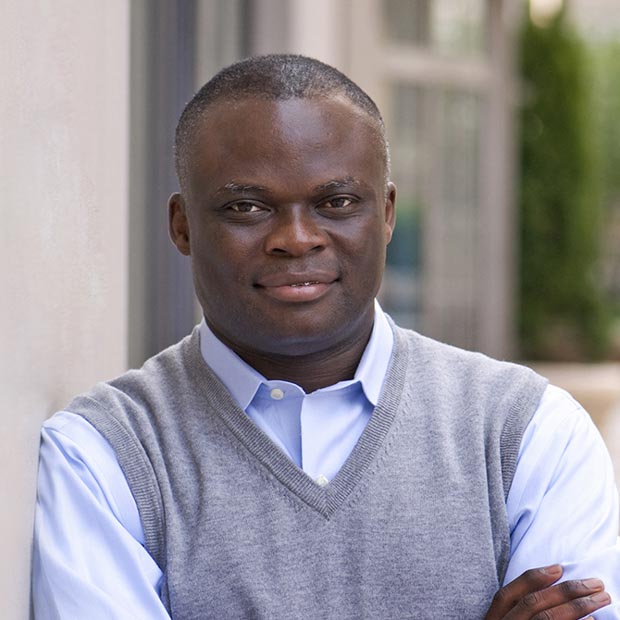
Fred Ssewamala
William E. Gordon Distinguished Professor, Brown School
Professor of medicine, School of Medicine
Director and founder, International Center for Child Health and Development (ICHAD)
Director, SMART Africa Center
Global Health Work in Sub-Saharan Africa: Opportunities for Scientific Researchers
Fred Ssewamala leads innovative, interdisciplinary research that informs, develops, and tests family-based economic empowerment and social protection interventions to improve life chances and long-term developmental impacts — including health, mental health, and educational outcomes — for youth affected by poverty and HIV/AIDS in sub-Saharan Africa. His research engages collaboratively with local institutions to ensure scale-up and sustainability. Prior to joining the Brown School, Ssewamala was a tenured professor at Columbia University, where he established the International Center for Child Health and Development (ICHAD). Now at the Brown School, ICHAD contributes to the reduction of poverty and improvement of health outcomes for youth and families in low-resource communities in sub-Saharan Africa. Ssewamala is also the director of the SMART Africa Center, which aims at reducing gaps in child and adolescent mental health services and research in Ghana, Kenya, and Uganda.
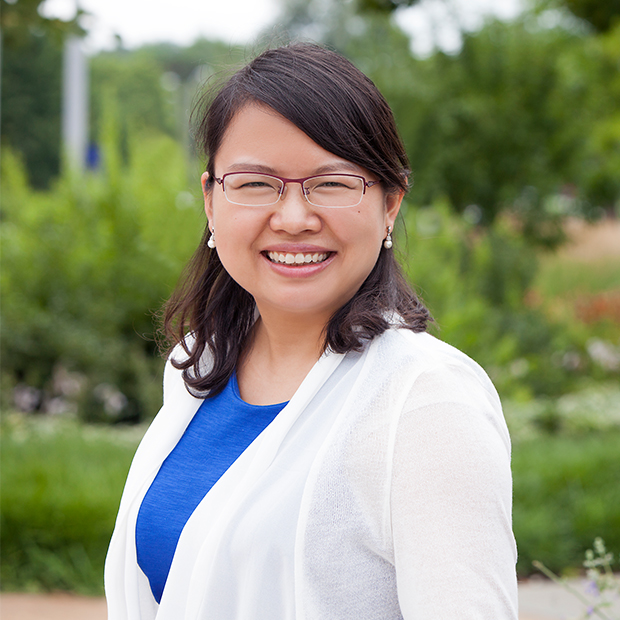
Hong Chen
Assistant professor of biomedical engineering, McKelvey School of Engineering
Assistant professor, Department of Radiation Oncology, School of Medicine
Two-way Transfer Across the Blood-Brain Barrier
Hong Chen joined the Washington University faculty in 2015 as an assistant professor of biomedical engineering in the School of Engineering & Applied Science and of radiation oncology at the School of Medicine. She came to the university from Columbia University, where she was a postdoctoral research scientist in the Department of Biomedical Engineering. She earned her PhD in bioengineering from the University of Washington. Her research is on developing innovative focused ultrasound techniques to diagnose and treat brain diseases and understand brain functions.
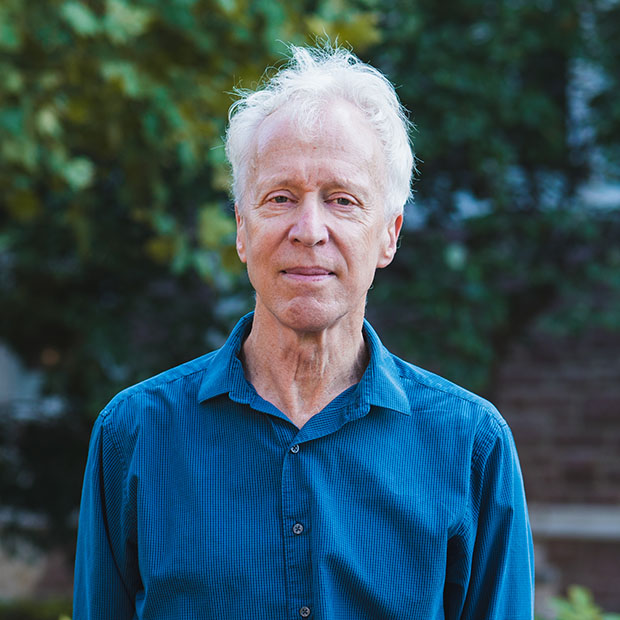
John Bowen
Dunbar-Van Cleve Professor of Sociocultural Anthropology in Arts & Sciences
Professor of anthropology
Arts & Sciences
How Muslims, Like the Rest of Us, Adapt to New Worlds
John Bowen’s research explores broad social transformations now taking place in Muslim communities worldwide. He conducts ethnographic studies in Indonesia, France, Britain, and the Netherlands, and he works with students and colleagues with field sites across Europe, Asia, the Middle East, and Africa. In particular, he analyzes how Muslims (judges and scholars, public figures, and citizens) work across plural sources of norms and values, including diverse interpretations of the Islamic tradition, law codes and decisions, and local social norms.
St. Louis Connections
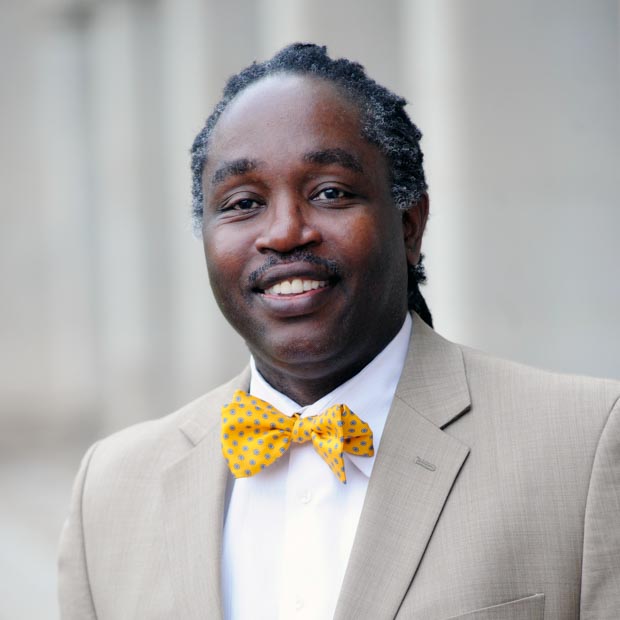
Sean Joe
Associate Dean for Faculty and Research Affairs
Benjamin E. Youngdahl Professor of Social Development
Brown School
HomeGrown STL: Scaling Impact with Community Partners
Sean Joe is a nationally recognized authority on suicidal behavior among Black Americans, particularly regarding the role of firearms as a risk factor, and is expanding the evidence base for effective practice with urban Black boys and young men. He is a fellow of the American Academy of Social Work and Social Welfare, the Society for Social Work and Research, and New York Academy of Medicine. Joe serves on the steering committee of the national Suicide Prevention Resource Center (SPRC) and the National Advisory Council of the Robert Wood Johnson Foundation’s Forward Promise initiative. He co-chairs the Brown School’s Steering Committee on Community-based Partnership Initiatives. He is founding director of the Race and Opportunity Lab, which examines race, opportunity, and social mobility with an emphasis on informing policies, interventions, and intra-professional practice to improve familial and community capacity to lessen ethnic inequality in adolescents’ healthy transition to adulthood. The lab’s leading community science project is HomeGrown STL, which is a multi-systemic, placed-based, capacity-building intervention to enhance the upward mobility opportunities and health of Black males ages 12–29 years in the St. Louis region. His epistemological work focuses on the concept of race in medical and social sciences.
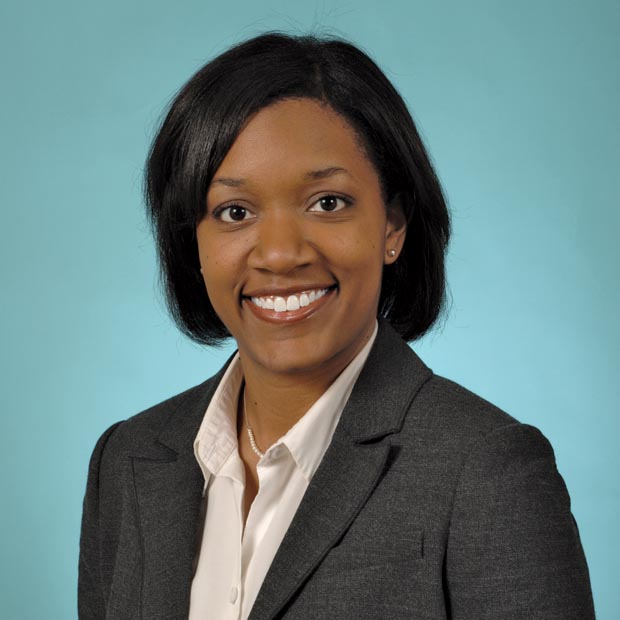
Bettina Drake
Professor, Division of Public Health Sciences, School of Medicine
Associate director community outreach and engagement, Siteman Cancer Center
Cancer: Eliminating Disparities, Promoting Prevention
Bettina Drake is professor in the Division of Public Health Sciences at Washington University School of Medicine and associate director of community outreach and Engagement for the Alvin J. Siteman Cancer Center. As a cancer epidemiologist her research has focused on identifying preventive strategies to reduce cancer disparities. The objectives of her research program are: 1) to identify the modifiable and non-modifiable risk factors for cancer as well as the at-risk groups for these factors; 2) to utilize community-based approaches to design, implement and disseminate research information; 3) to promote education and awareness of research and research participation in minority communities.
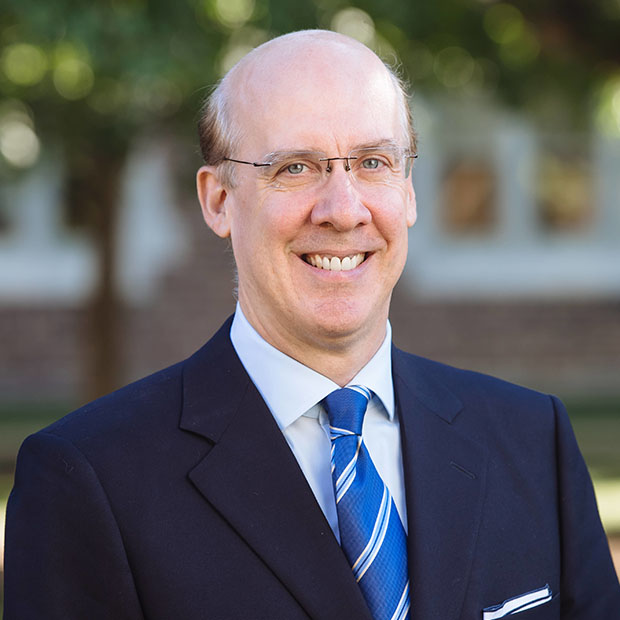
Joe Scherrer
Executive Director, Professional Education
Director, Cybersecurity Strategic Initiative
McKelvey School of Engineering
Cyber(UN)Security
Joe Scherrer is executive director of Professional Education in the McKelvey School of Engineering where he also serves as director of the School’s cybersecurity strategic initiative. He graduated from Washington University in 1989 with a Bachelor of Science in Electrical Engineering. Following a distinguished 24-year career as a leader and information technology and cybersecurity innovator with the U.S. Air Force, culminating as the commander of the Air Force’s only combat-coded deployable communications wing, he retired as a colonel and returned to his hometown of St. Louis. In addition to his duties at the university, he is pursuing a Doctor of Liberal Arts from University College, is an avid master’s bicycle racer, and is a certified executive leadership coach.
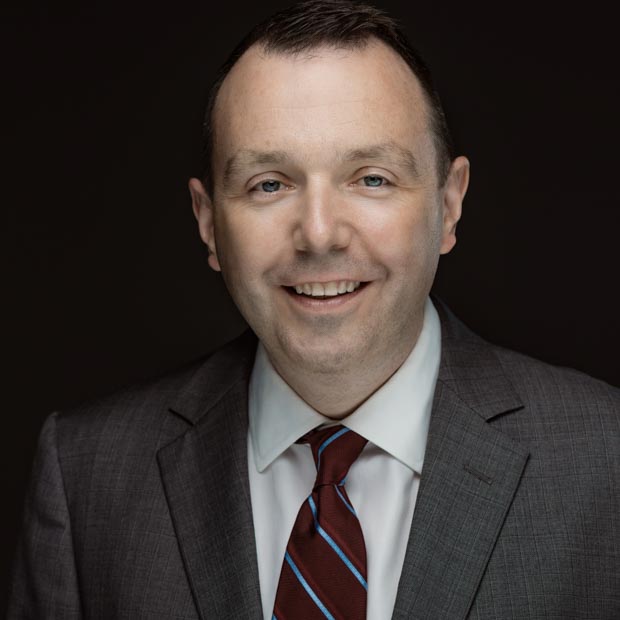
Neil Richards
Koch Distinguished Professor of Law
Co-Director, Cordell Institute for Policy in Medicine & Law
School of Law
The Future of Human Data in Healthcare & Beyond
One of the world’s leading experts in privacy law, information law, and freedom of expression, Neil Richards writes, teaches, and lectures about the regulation of the technologies powered by human information that are revolutionizing our society. He is co-director of the Cordell Institute for Policy in Medicine & Law, an affiliate scholar with the Stanford Center for Internet and Society and the Yale Information Society Project, a fellow at the Center for Democracy and Technology, and a consultant and expert in privacy cases. He also serves on the board of the Future of Privacy Forum and is a member of the American Law Institute. He is the author of Intellectual Privacy (Oxford Press 2015), and his many scholarly and popular writings on privacy and civil liberties have appeared in a wide variety of media. His next book, Why Privacy Matters, will be published by Oxford Press in 2020.
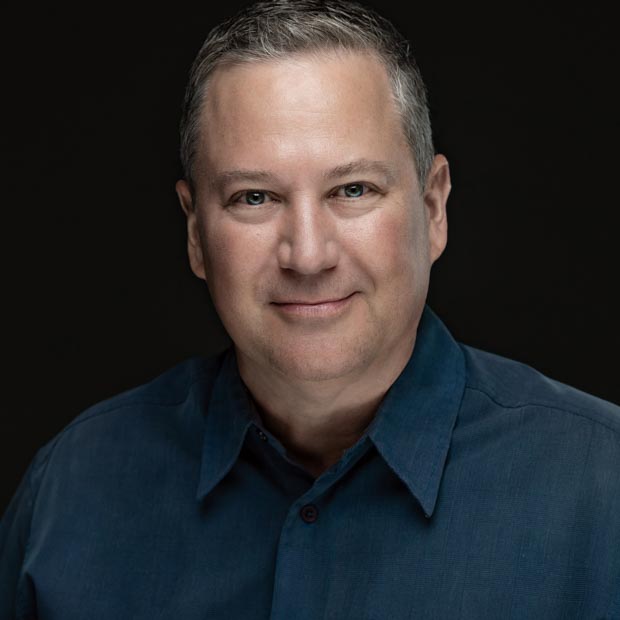
Jonathan Heusel, MD, PhD
Professor of Pathology and of Genetics
Director, Clinical and translational Genomics
Co-Director, Cordell Institute for Policy in Medicine & Law
School of Medicine
The Future of Human Data in Healthcare & Beyond
Jonathan Heusel is an academic pathologist and physician scientist with more than 30 years’ experience in molecular diagnostics, cellular and molecular immunology, and genomic medicine. After Heusel earned his MD and PhD in immunology from Washington University’s Medical Scientist Training Program, he pursued research on the molecular activation of natural killer cells and developed over a dozen molecular diagnostic assays at the University of Iowa. Heusel returned to Washington University in 2014 and is a professor of pathology and of genetics, at the School of Medicine, serving as director of Clinical and Translational Genomics within the Department of Pathology and Immunology. In his administrative role, Heusel oversees the development and operation of clinical genomics testing in support of patient care, clinical trials, and commercial contracts requiring clinical-grade testing services. He works closely with the Washington University Institute for Informatics and the McDonnell Genome Institute, where he served as the founding medical director for its clinical NGS facility. In 2016, Heusel was recruited to serve alongside Neil Richards, Koch Distinguished Professor of Law, as a co-director for the Joseph and Yvonne Cordell Institute for Policy in Medicine & Law, representing the School of Medicine.
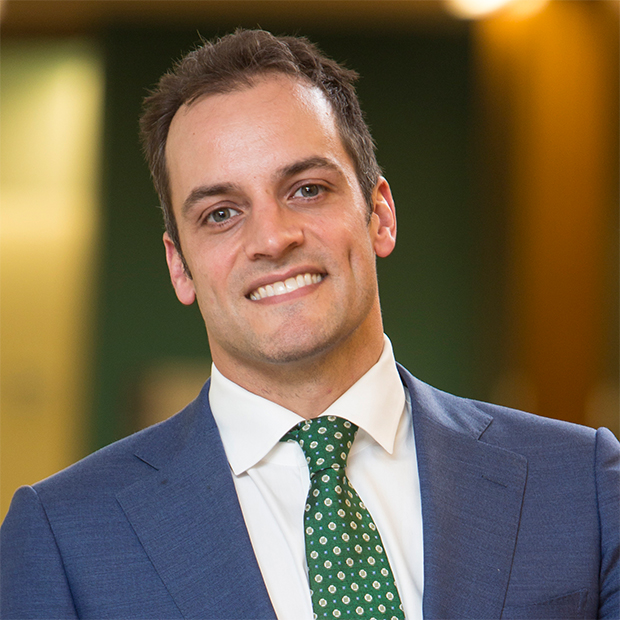
Peter Boumgarden
Professor of Practice, Strategy, and Organizations
Olin Business School
Experiential Impact
Peter Boumgarden joined the Olin Business School faculty in 2018 and is an alum of the university having completed his PhD at Washington University. Boumgarden’s research focuses on the role of social structure — both formally and informally — in shaping the innovation of groups, organizations, and broader network systems. His current research includes work on venture capital decision bias, technology transfer from the social sciences, and the role of small business in driving economic growth and expanded economic opportunity in economically disadvantaged zones. Outside of his academic work, Boumgarden has worked directly with organizations across sectors, often focusing on refining their strategic execution, leadership development, and pathways toward increased innovation.
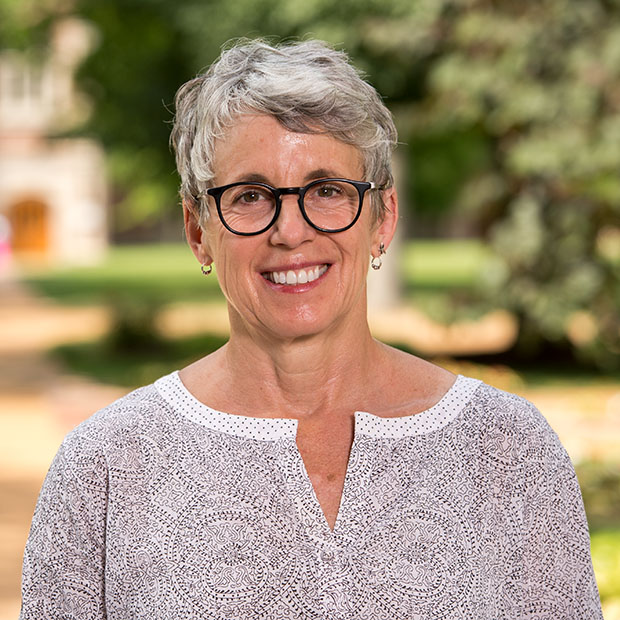
Jean Allman
Director, Center for the Humanities
Professor of African and African American Studies
J.H. Hexter Professor in the Humanities
Arts & Sciences
The Divided City
A member of the Washington University faculty since 2007, Jean Allman is regarded as one of the nation’s leading African historians and one of the pioneer Africanists in the field of gender history. Her research covers such topics as nationalism and national identity, gender and colonialism, fashion and the politics of clothing, and the mobility of indigenous belief systems. Her current research interrogates the racial landscape of knowledge production about Africa in the United States and Europe and reconstructs the mechanisms through which colonial knowledge has been sustained in postcolonial contexts. She has co-edited two book series, which have published over 100 monographs in African studies, and she recently served as the president of the African Studies Association.
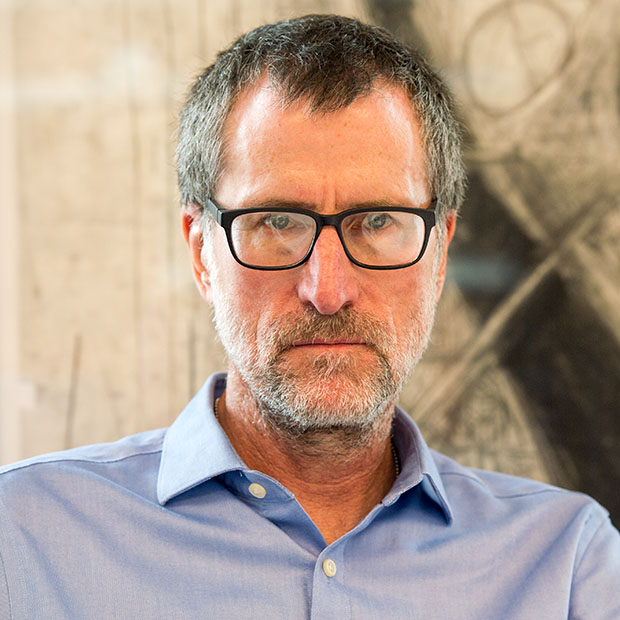
Bruce Lindsey
E. Desmond Lee Professor for Community Collaboration
Sam Fox School of Design & Visual Arts
The Divided City
As a teacher and administrator, Bruce Lindsey has made significant contributions to beginning design education, sustainable design education, and community design education. He was the 2016 president of the Association of Collegiate Schools of Architecture (ACSA) board, where he served the organization as past president in 2017. He won the Distinguished Professor Award as part of the 2013–14 Architectural Education Awards sponsored by the ACSA and was named one of the Most Admired Educators by DesignIntelligence in 2009. Lindsey’s research has long focused on applying digital tools to design and construction practice. His book Digital Gehry: Material Resistance, Digital Construction (2001) explores the use of technology in the design process of architect Frank Gehry. A practicing architect, Lindsey worked with Davis + Gannon Architects to design the Pittsburgh Glass Center, which earned a gold rating under LEED guidelines and received a Design Honor Award from the American Institute of Architects, among other honors.